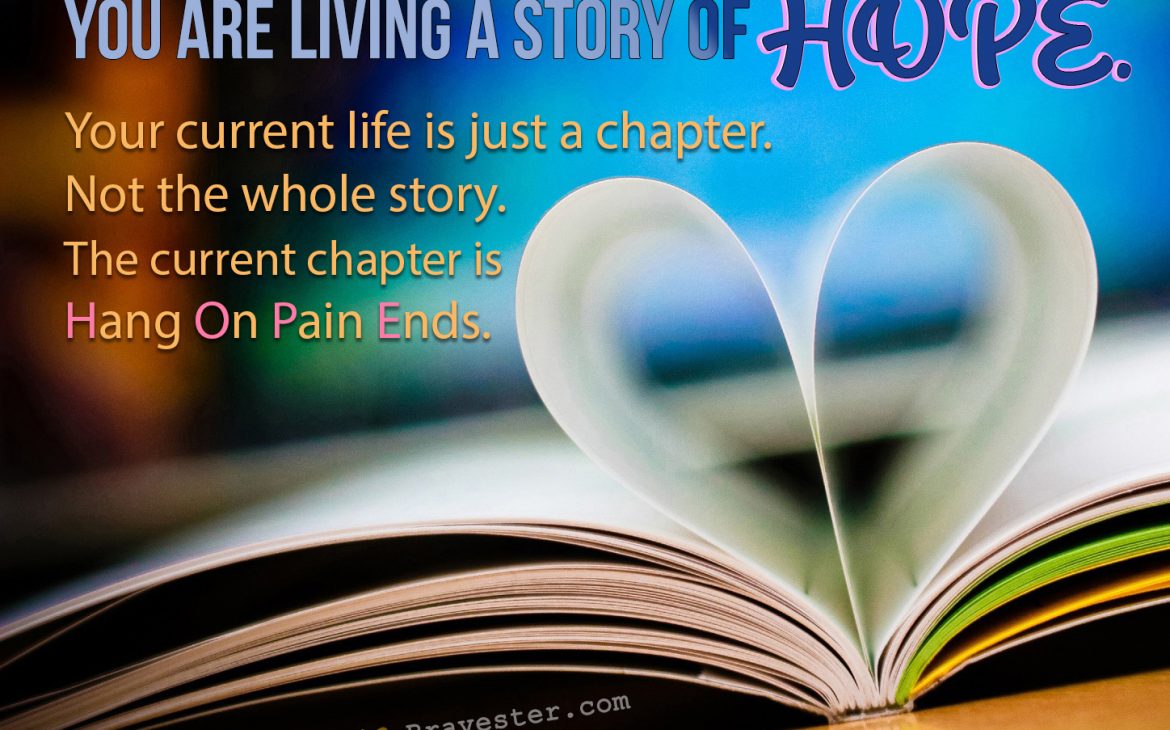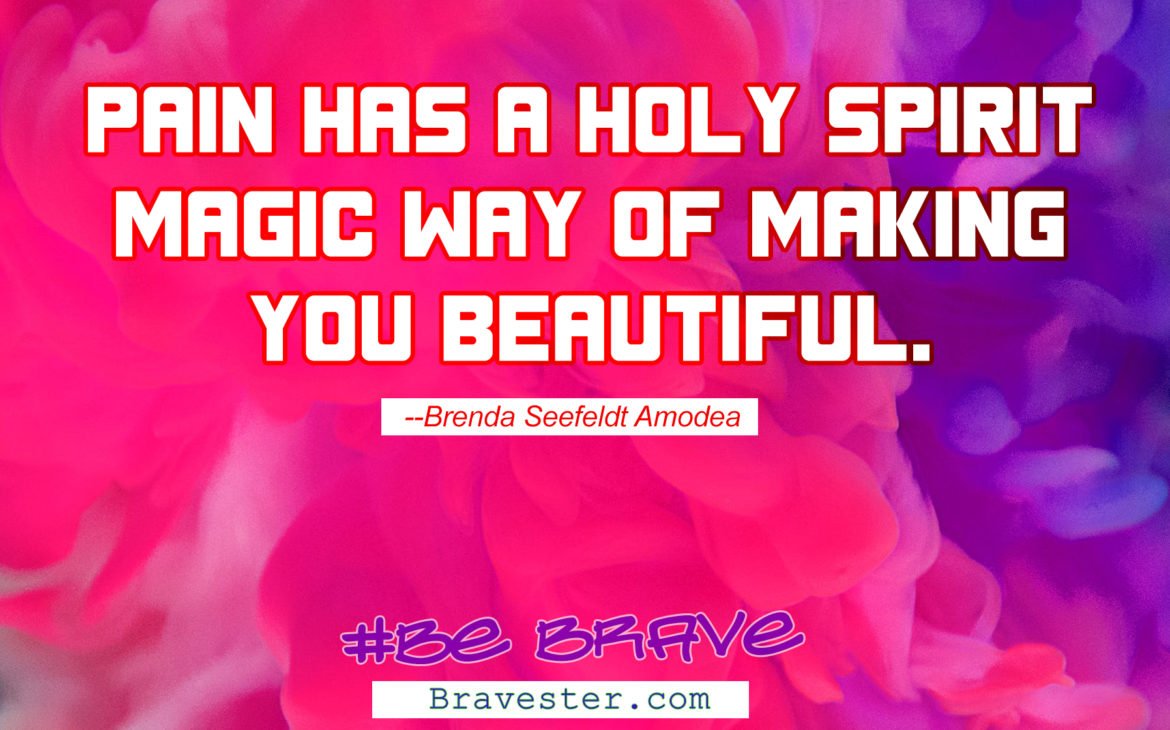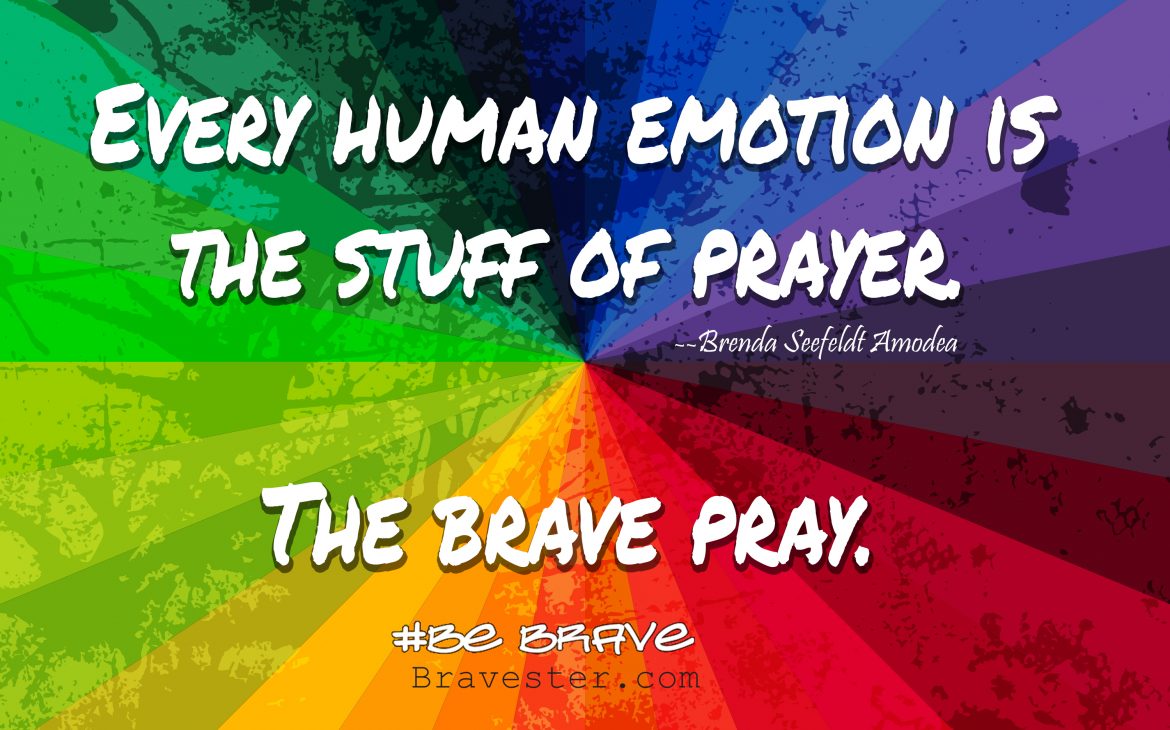I Screamed at God Again. I’m Learning.

O Lord, how long will you forget me? Forever? How long will you look the other way?
Thus begins one of my favorite psalms, Psalm 13. Because this is how I have prayed very often. I’m not ashamed to admit this. My 40+ year brave faith still finds me praying like this.
I’m not afraid of being honest with God. He gets all of me.
This 6-verse psalm then ends with this: But I trust in your unfailing love. I will rejoice because you have rescued me. I will sing to the Lord because he is good to me.
How in just six verses did David the Psalmist go from declaring how distant and not-listening God is to declaring of rescue and that God is good? Especially how could David declare that God is good while still abandoned?
Because David chose to interpret how his life turned by God’s love rather than to interpret God’s love by his life’s circumstances.
I am learning to do this. I am learning to trust the Promiser. When my brain wants to lead to suspicion instead of trust (our brains do this), I choose to trust.
Because I am learning that God is love. Not circumstantial love. Not conditional love. Not earned love. God is love. Memorize this verse, 1 John 4:8, But anyone who does not love does not know God, for God is love. Or just memorize God is love, 1 John 4:8. Love begins somewhere and it begins with God. No circumstances, no conditions, no earning attached to it.
So God is love and thusly loves me as this beautiful creation so where is he in the pain that my life has taken?
This I am learning.
Psalm 13 is 6 verses that can be divided into three stanzas of two verses each:
- The problem (vv. 1-2)
- The petition (vv. 3‑4)
- The praise (vv. 5‑6)
The problem is declared very clearly in vv. 1-2. See above.
For the petition David declares something less emotional, maybe even a bit rational as, I believe, he starts remembering that God is love and that this love hasn’t really left him. Turn and answer me, O Lord my God! Restore the sparkle to my eyes, or I will die. (Okay, maybe an exasperated emotion of death isn’t rational.) Don’t let my enemies gloat, saying, “We have defeated him!” Don’t let them rejoice at my downfall.
I know in my life after my emotional outbursts to God (too often not in complete sentences) that I do begin to remember that God is love in that vulnerable moment. It takes me being vulnerably raw with God for me to remember this deep truth that does not change.
When I’m hustling to cover up the pain or when I’m rationalizing to protect myself from the pain, I don’t get these truthful moments.
I get it, pain hurts. Life has hurt you. Again. You’d rather hustle or rationalize over the pain rather than state once again, “pain is my beginning.” I’d like to remind you that pain is only the beginning, there will be a beautiful ending.
Then comes the praise in vv. 5-6.
Note that in these six verses that David’s life circumstances had not changed from what led to David’s emotional outburst to start with. David was still hiding in caves, Saul was still on the throne. Saul was still trying to kill David. This didn’t change during the writing/singing of this psalm.
So what did change? David chose to interpret his life by God’s love rather than to interpret God’s love by how life was leading him. David chose to lean towards trust instead of suspicion. David made small, deliberate tweaks to his thinking because he chose to give God more credibility than everyone else.
I’m sure David’s trust issues were triggered but he chose to trust in God’s love.
Here’s a story of preacher lore. The famous preacher, Charles Spurgeon, was walking through the English countryside with a friend. He noticed a barn with a weather vane. At the top of the vane were the words, “God is love.”
Spurgeon remarked that this was an inappropriate place for such a message because weather vanes are changeable but God’s love is constant. But Spurgeon’s friend disagreed. “You misunderstood the meaning,” he said.
“That weather vane is stating the truth that no matter which way the wind blows, God is love.”
My faith leads me to pain and anger, emotional outbursts, and doubts as well as rich joy, deeply-felt memories, and personal moments with God. I am learning that no matter which way the weather vane of my life blows, God is still love. God is still for me.
I am learning to trust that.



(I couldn’t decide which one meme was the right “amen” for this article. I’ll let you choose.)






Comments
Trackbacks & Pingbacks
[…] God can handle your anger. It is those who trust God who can vent their anger at God. You have a good reason to be angry at God. […]
[…] prayers are just a groan. (Romans 8:26-27). Because you have no words left. Or groans for days. Or screams. Or praying the truth of my soul which is never in complete […]
[…] of unfairness has happened to you. You’re hurt quite a bit. And where is God? Your fist may be raised at Him. Or maybe you are so tired of his quietness—which feels like neglect of you–that to lift a […]
[…] God wants us to think more on the scale of trees than of mice. But if you could take a look at my prayer conversations with God, you see that I tend to think like a […]